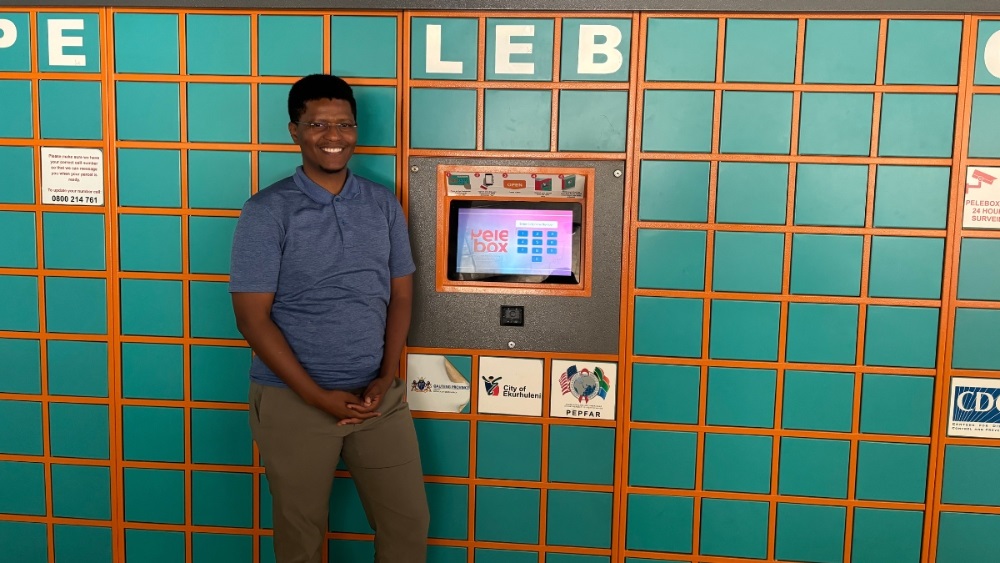The annual report for the financial year 2022/23 shows that the provincial health department incurred roughly R243 million in unauthorised, irregular and wasteful and fruitless expenses.
Poor money management in the Eastern Cape has undermined health service delivery for years. A 2013 report by Section27 says that it may be difficult for the province to ask for a fair share of the health budget if it “continues to contribute to the inefficient, ineffective and unaccountable use of public resources for health”.
Keeping people on their medicine is particularly necessary in the Eastern Cape. For example, only 79% of people with HIV in the province are virally suppressed, which is more than 10% lower than the national number of 91%.
Smart boxes could be one more solution to the problem. But there are also others – and public health experts say that combining these mechanisms to fit the needs of a specific community may prove to be the best solution.
READ MORE | SA has 18 months left to meet UN targets for ARV distribution – but will we make it?
For example, for people who don’t have transport or are too sick to travel, home delivery could be an option. This works in Komani – an hour’s drive from Ngcobo – where entrepreneur Siphelo Lose uses a rickety bike to deliver medicine parcels to people who work or live in remote areas at R7 a pop.
Another option is adherence clubs, which the Eastern Cape health department says it’s been encouraging people in rural areas to join – especially with sign-ups being very low at the moment, the Ritshidze report shows.
At these clubs, groups of up to 30 people meet every two or three months at a clinic or another place close to where they live, with a community health worker handing out their medication and helping them with other health checks like routine blood tests and weigh-ins.
The approach has proven successful in keeping people on their ARVs since it was first introduced in 2007. For example, in a study from 2007 to 2011 in Khayelitsha, a township in Cape Town, 502 of 2 829 HIV-positive people chose to join an adherence club, while the rest (2 327) preferred to rather go to a clinic to get their pills.
Almost all (97%) of those in the support club kept coming back to fetch their pills and do their health checks over the roughly 3.5 years the study ran, compared with the 85% return rate of the 2 327 people who visited their usual clinic. Club members were also more likely to stay virally suppressed.
Says Hutiri: “South Africa is full of great ideas and if you just give them a chance, it can make a world of difference.”
If only Ngcobo could experience one more option too.
